Understanding tile materials is essential when selecting the right type for your space. Tiles come in various materials, each offering unique benefits, durability levels, and design aesthetics. From classic ceramic and porcelain to luxurious natural stone and innovative glass, every tile material has specific characteristics that make it suitable for different applications. Whether you’re focusing on durability for high-traffic areas, moisture resistance for bathrooms, or aesthetic appeal for feature walls, knowing the properties of each material ensures you make informed decisions that align with both practical needs and design vision.
Ceramic
Ceramic tile is a type of tile made from clay and other natural materials, which are molded into a shape and then fired in a kiln at high temperatures. The firing process hardens the material, making it durable and water-resistant. The surface of ceramic tiles can be glazed or unglazed, with glazed tiles having a shiny, protective coating that makes them easier to clean and often more colorful.
Ceramic tiles are commonly used in a wide range of applications, such as floors, walls, countertops, and backsplashes, because of their durability, water resistance, and aesthetic versatility. They’re ideal for high-moisture areas like bathrooms and kitchens, and they come in many shapes, sizes, colors, and textures, allowing for a wide variety of design options.
Ceramic tiles are often appreciated for their affordability, ease of maintenance, and their ability to imitate more expensive materials like stone or wood.
Porcelain

Porcelain tile is a type of ceramic tile known for its strength, durability, and low water absorption rate. Made from a denser, more refined clay and fired at higher temperatures than regular ceramic tiles, porcelain tiles are harder and less porous. This makes them highly resistant to moisture, stains, and wear, making them ideal for both indoor and outdoor applications.
Porcelain tiles come in a variety of finishes, including polished, matte, and textured, and can be made to mimic the look of natural materials such as stone or wood. Their durability makes them suitable for high-traffic areas, while their low maintenance and resistance to damage from extreme temperatures and moisture make them an excellent choice for bathrooms, kitchens, and outdoor spaces.
Natural Stone
Natural stone tile is crafted from naturally occurring materials such as marble, granite, slate, limestone, or travertine, which are quarried from the earth and then cut into tiles. Each stone tile is unique in its color, texture, and veining patterns, offering a natural, timeless aesthetic that adds sophistication to any space. Unlike manufactured tiles, natural stone brings organic beauty and character, often showcasing the variation and imperfections that come with nature.
Natural stone tiles are highly durable and can withstand wear and tear, but they often require sealing to protect them from moisture and staining. Depending on the type of stone, they can be used in various applications, from flooring and countertops to walls and outdoor patios. Stone tiles tend to be heavier and more porous than ceramic or porcelain, so careful consideration is needed for installation and maintenance, especially in areas with moisture.
Glass
Glass tile is made from thin pieces of glass that are often backed with color, giving them a bright, reflective surface that enhances light in a space. Known for their sleek, modern appearance, glass tiles come in a variety of shapes, sizes, and colors, allowing for versatile design options. They are commonly used as accents or in mosaic patterns for walls, backsplashes, and decorative installations, especially in kitchens and bathrooms.
Glass tiles are non-porous, making them resistant to stains, mold, and mildew, which makes them an excellent choice for wet environments.
Porcelain Slabs

Porcelain slab tile refers to large-format tiles that are significantly larger than standard tiles. These tiles often come in sizes as large as 10 feet in length and 5 feet width, and they offer a sleek, seamless look due to fewer grout lines. Slab tiles are ideal for creating expansive, uninterrupted surfaces on walls, floors, countertops, and even exterior facades.
Because of their size, slab tiles provide a modern, minimalist aesthetic and are often used in high-end design projects to mimic the appearance of natural stone slabs or to create a continuous, polished look. Despite their size, porcelain slab tiles are lightweight and durable, making them easier to install than full stone slabs, while still offering the same luxurious feel. These tiles are also known for their resistance to stains, heat, and moisture, making them both visually appealing and practical.
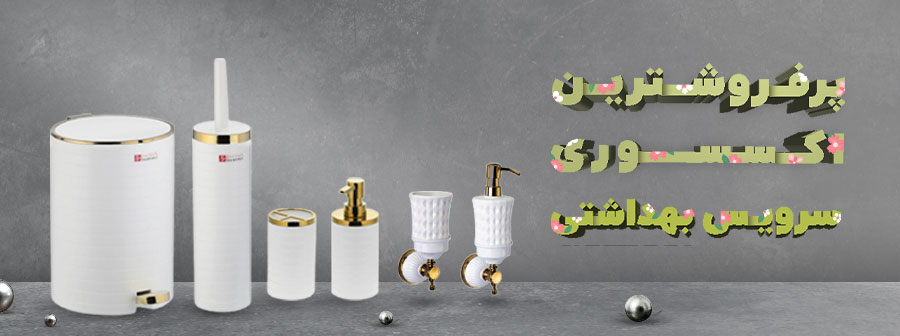
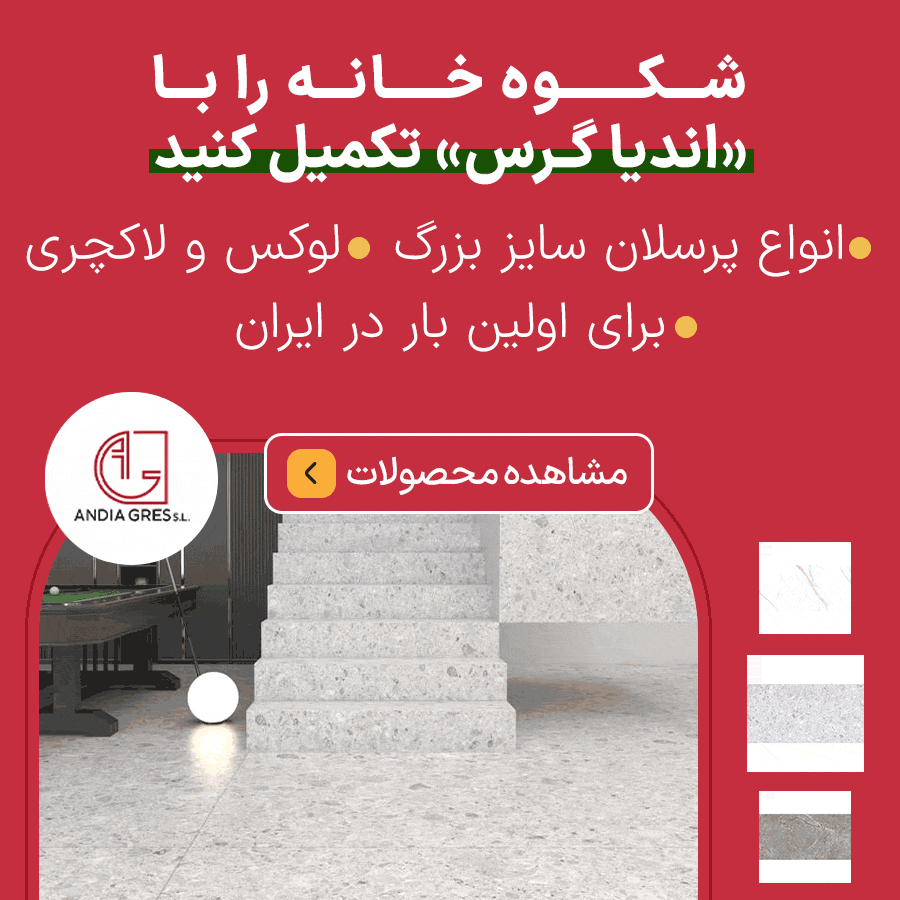
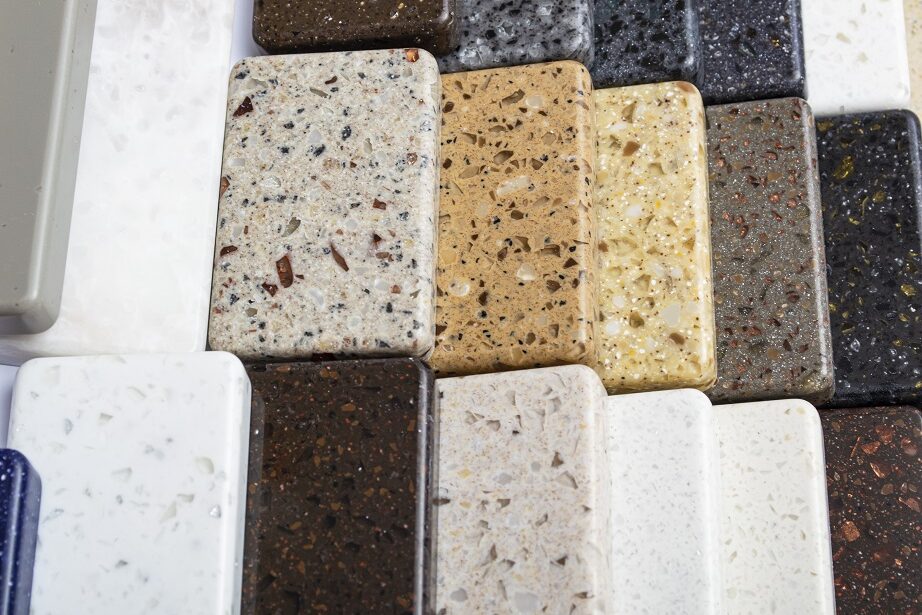


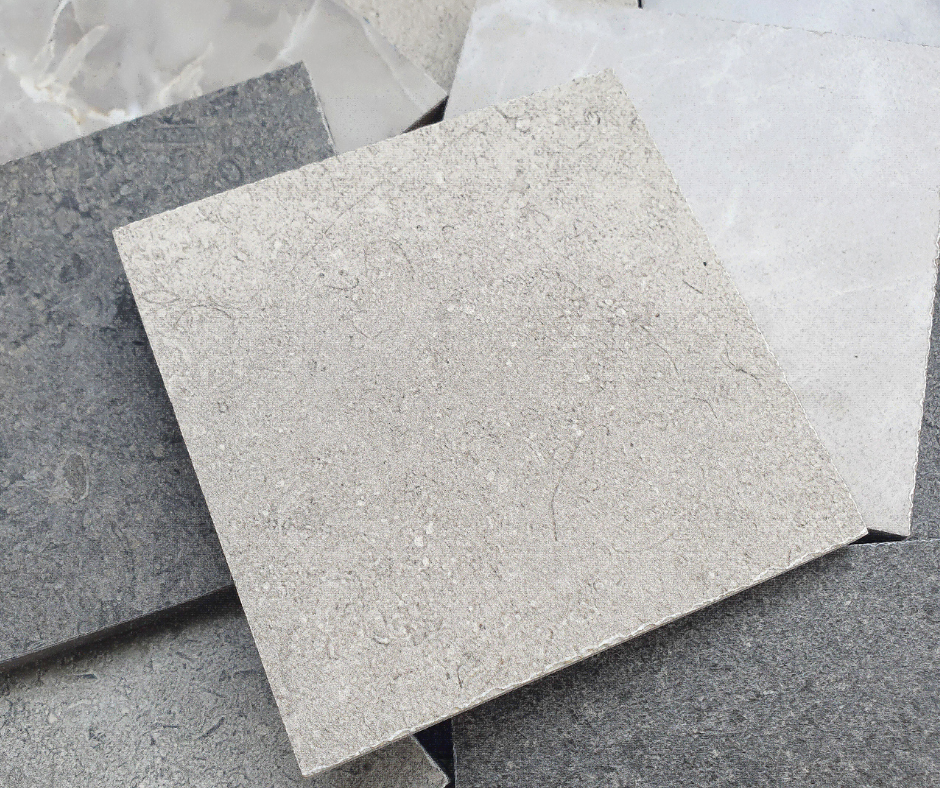
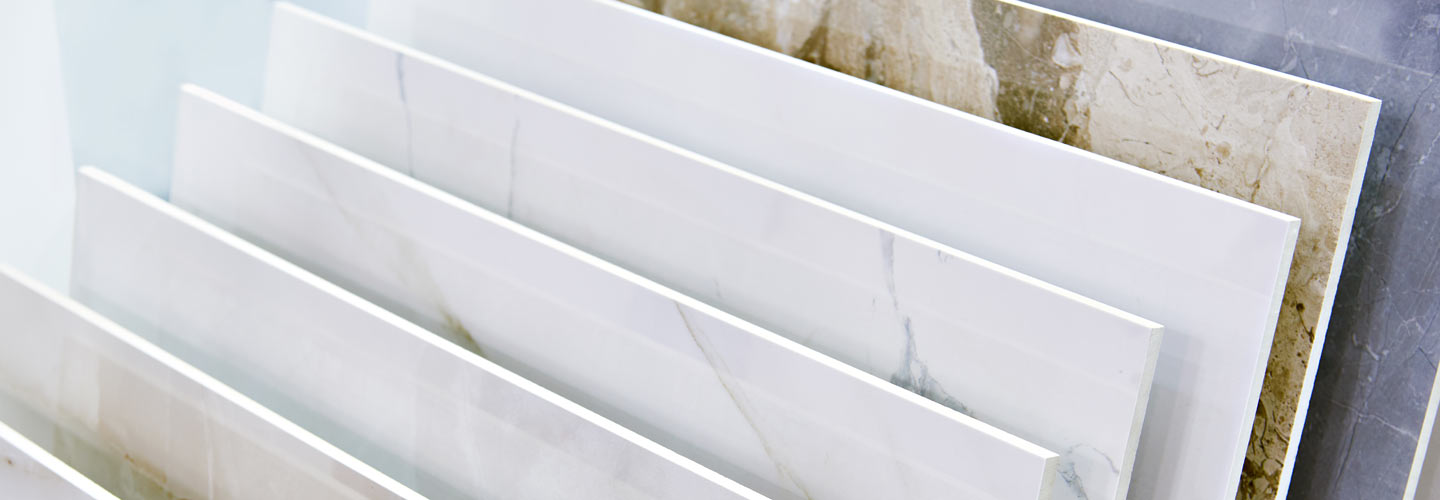
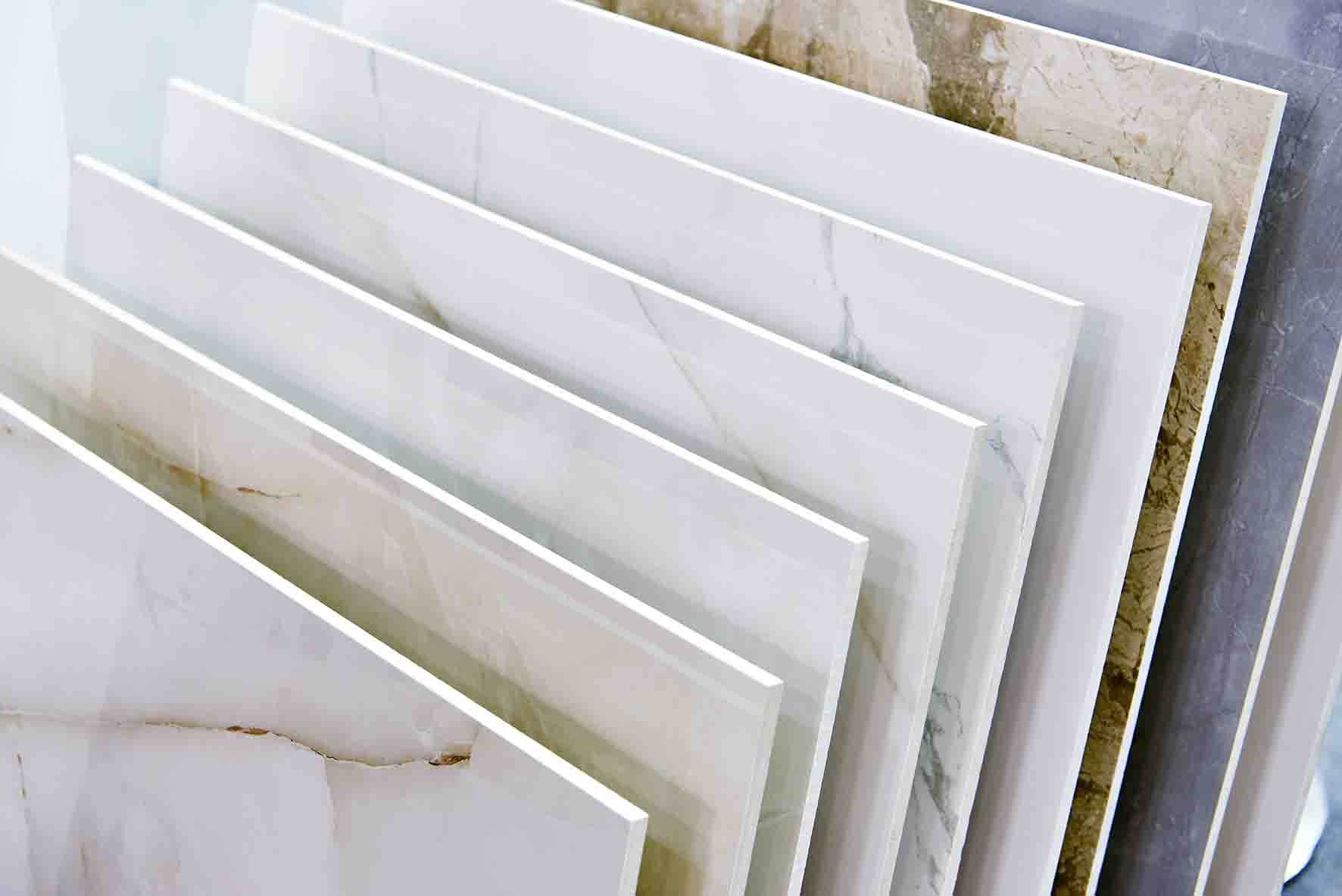
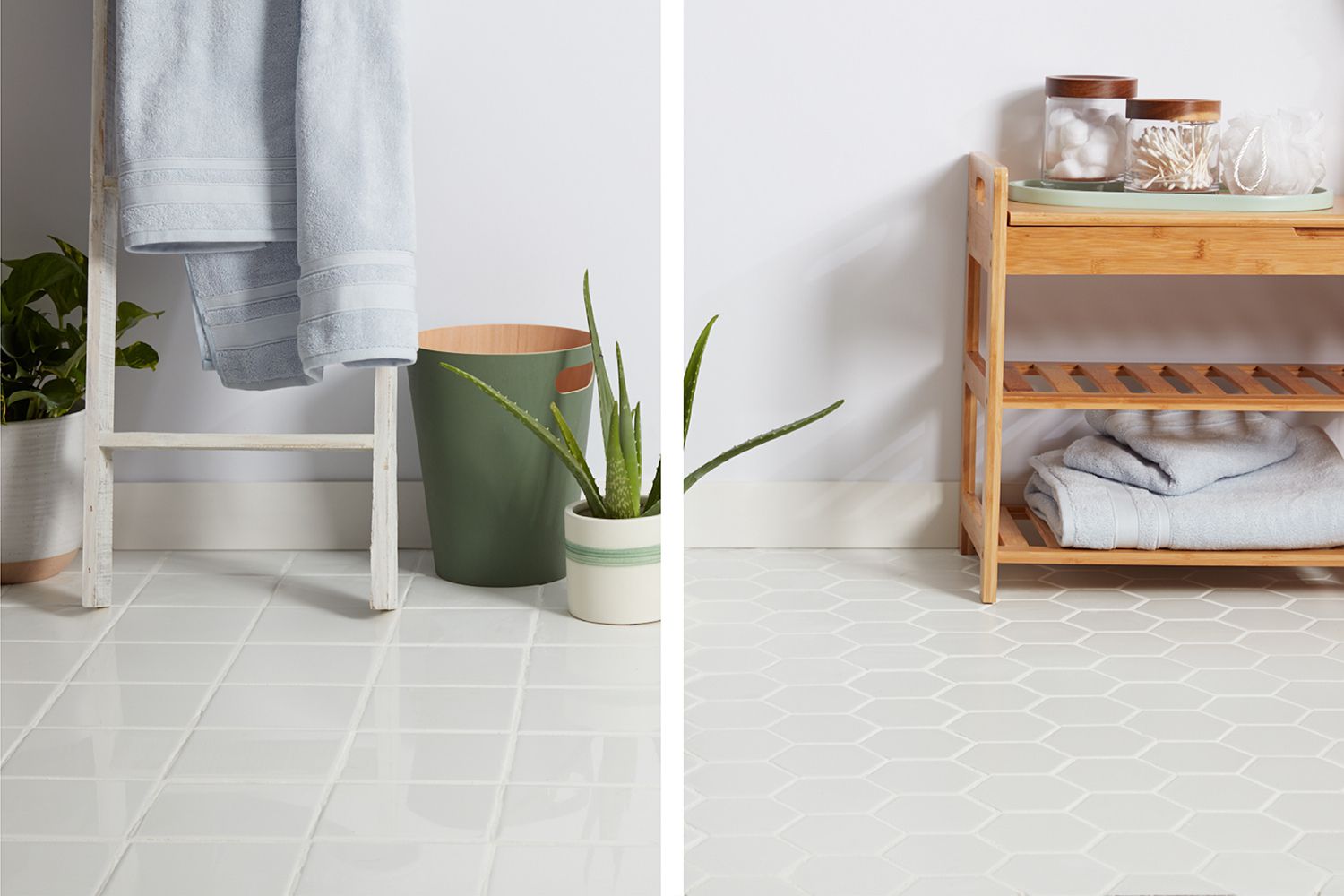
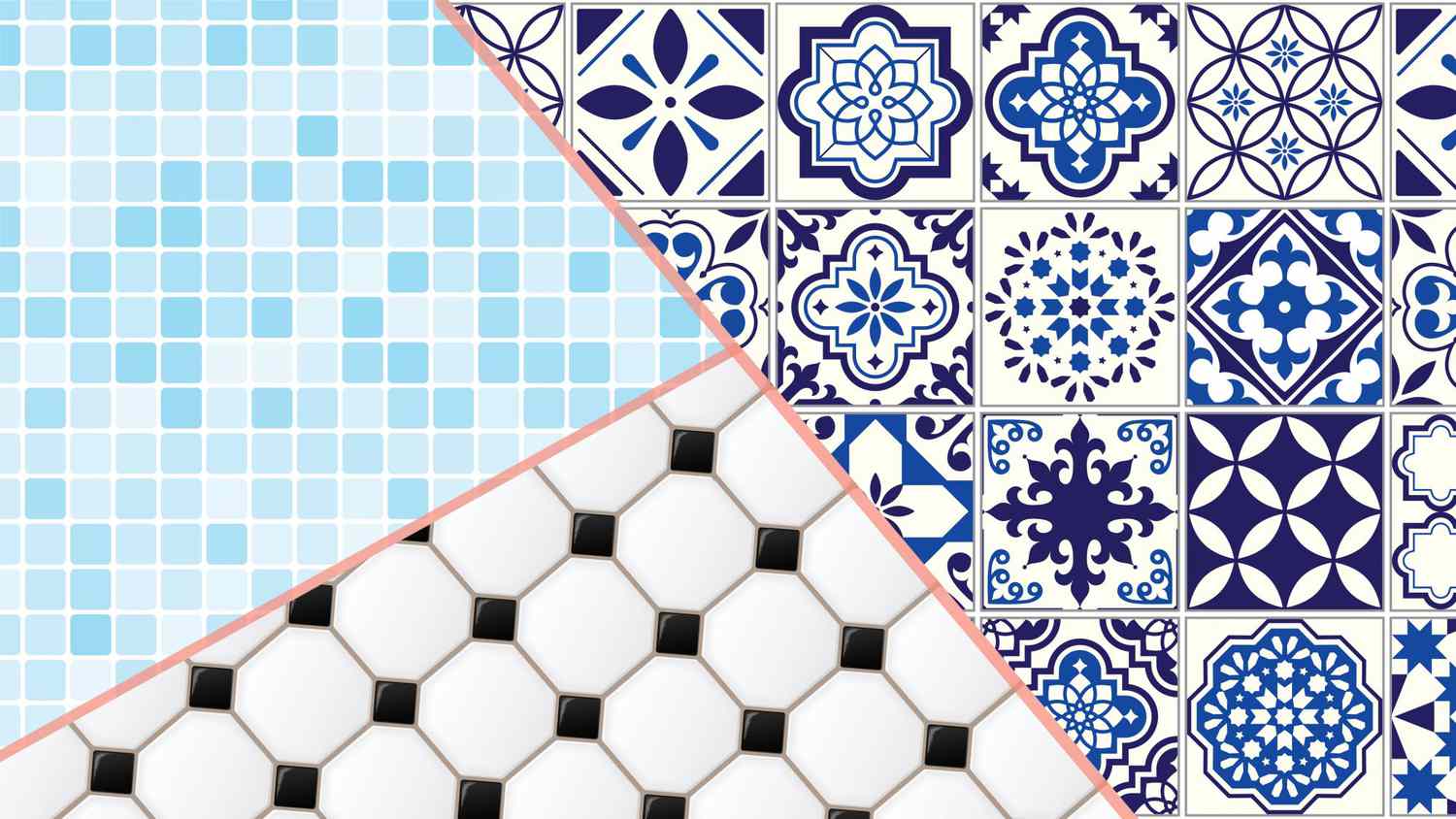

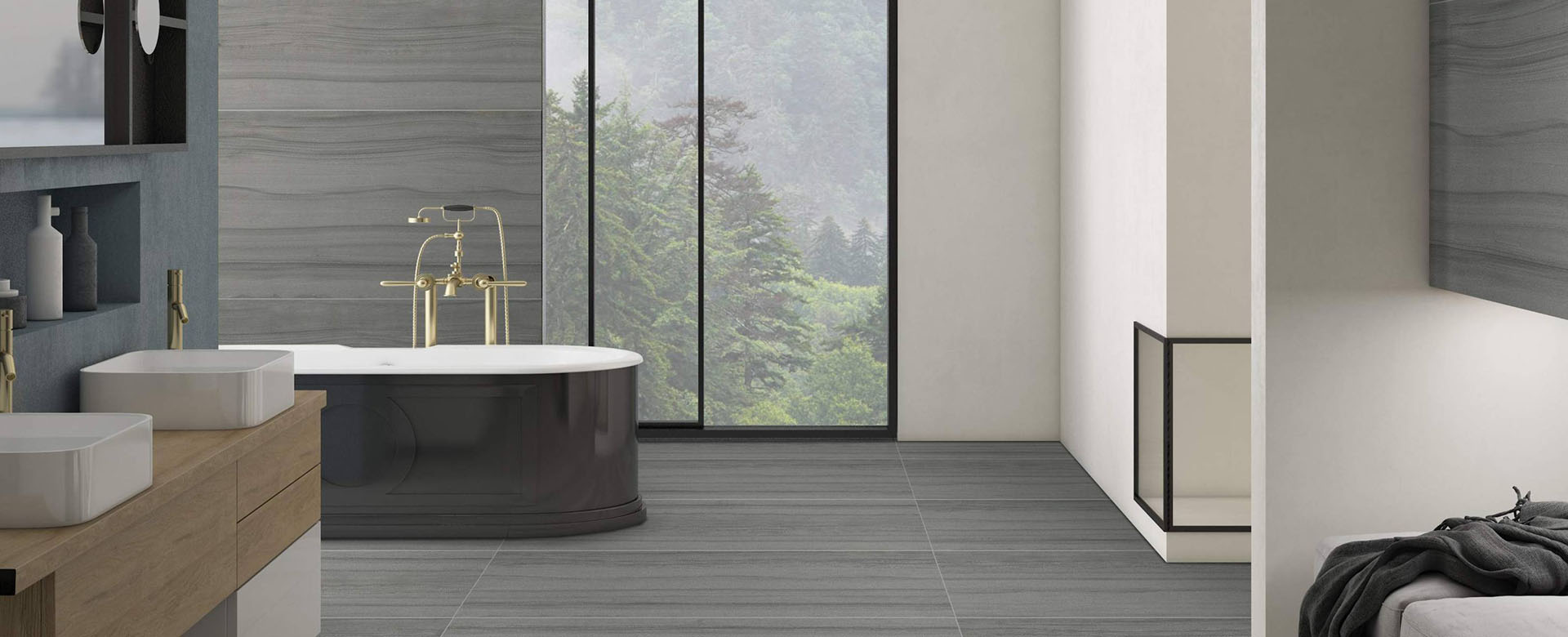
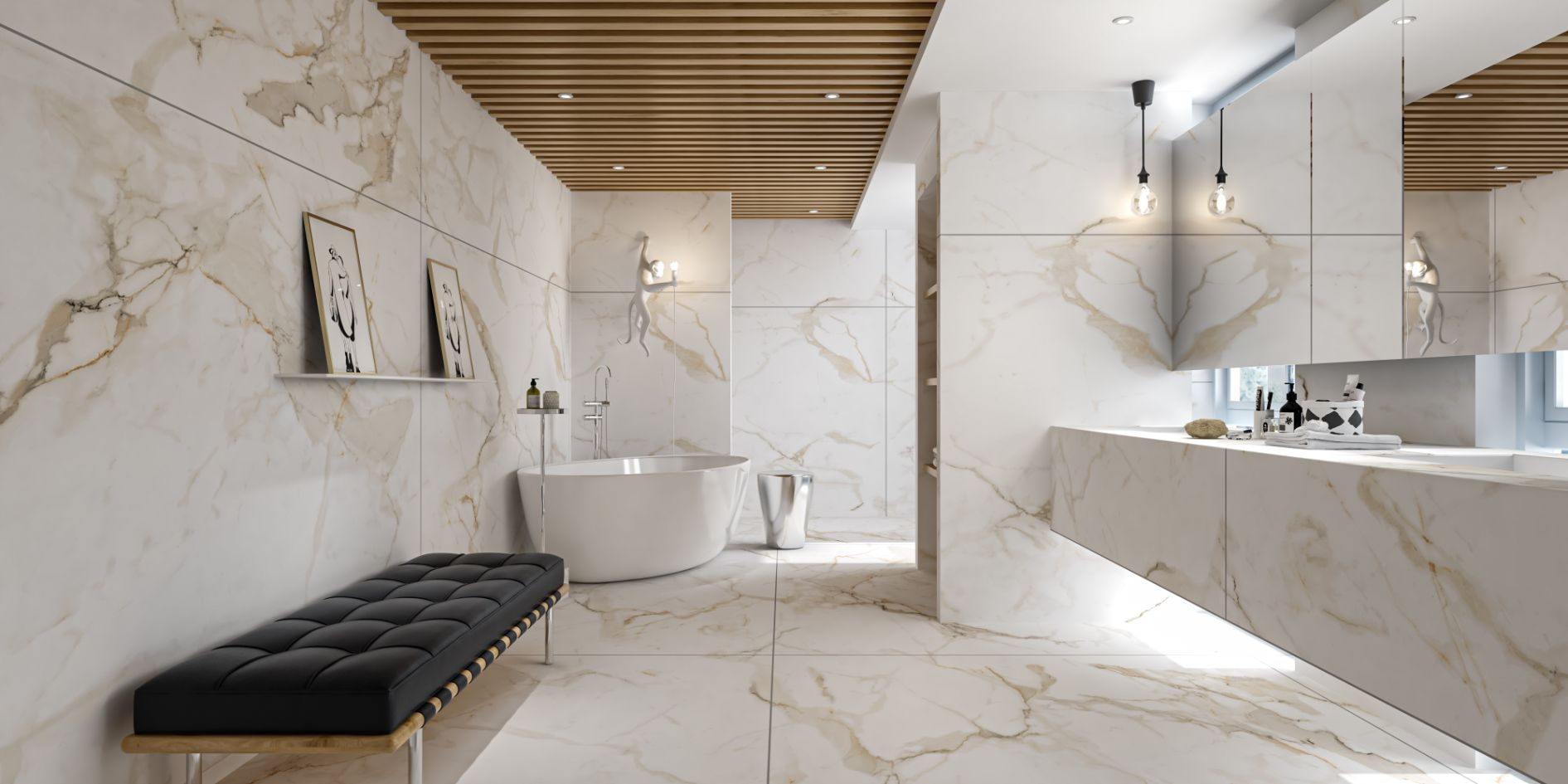
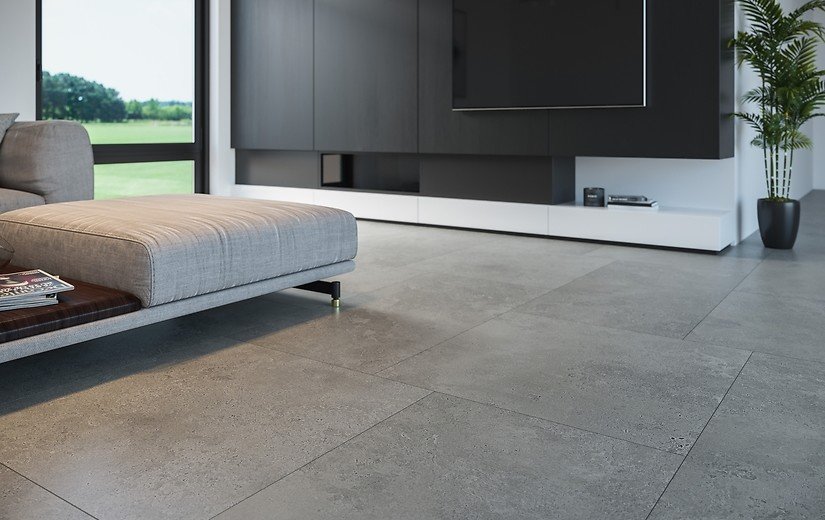


نظرات ۰